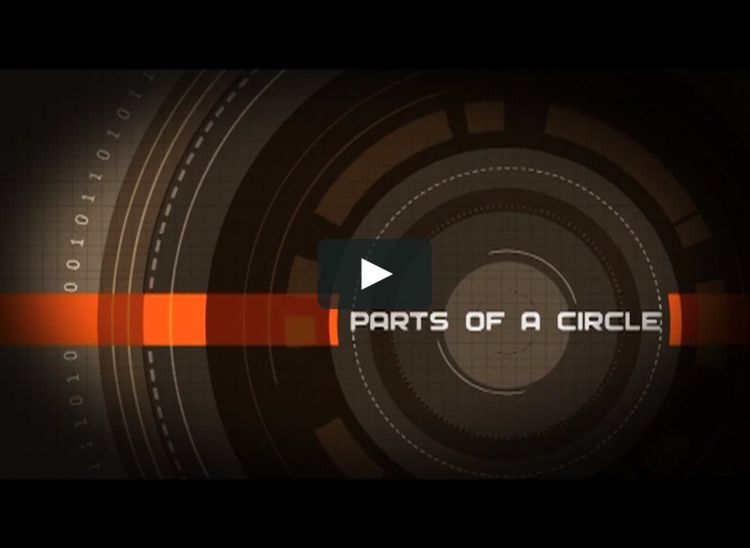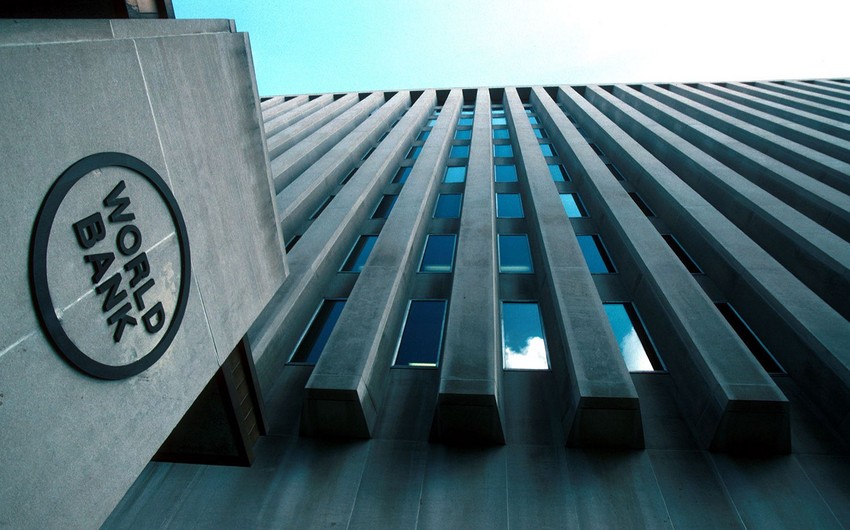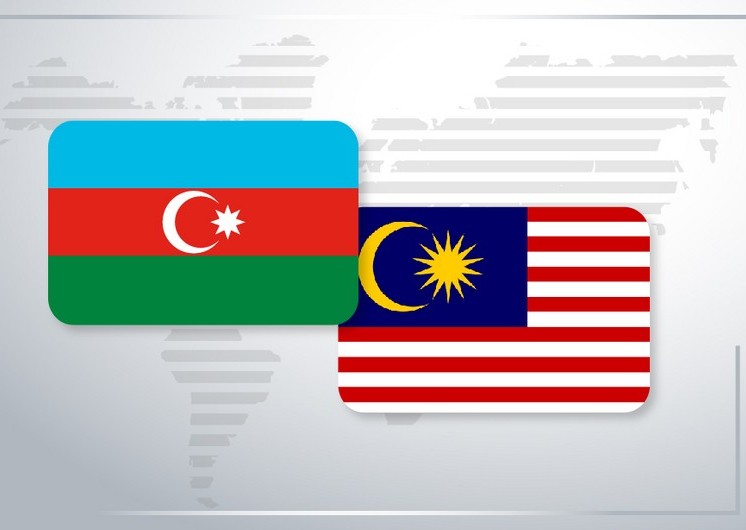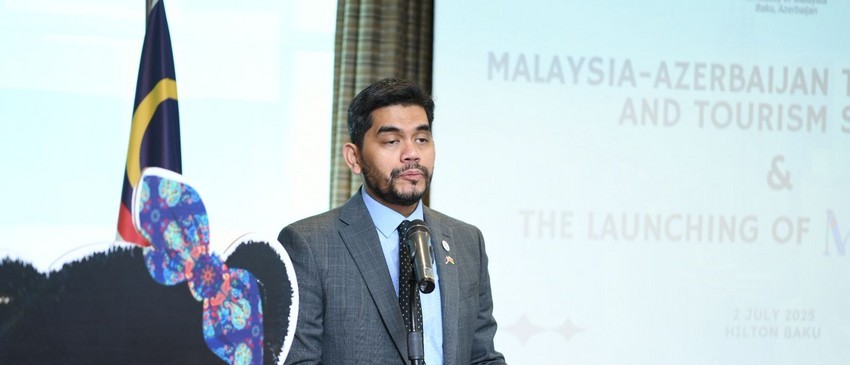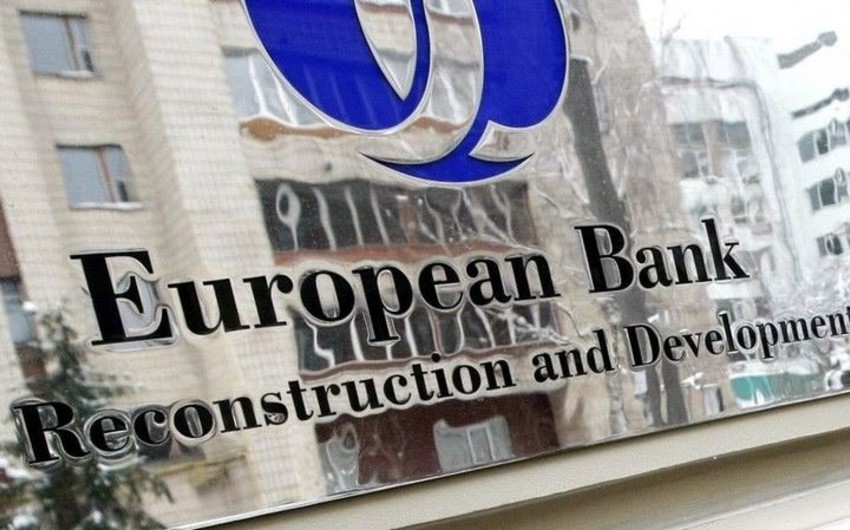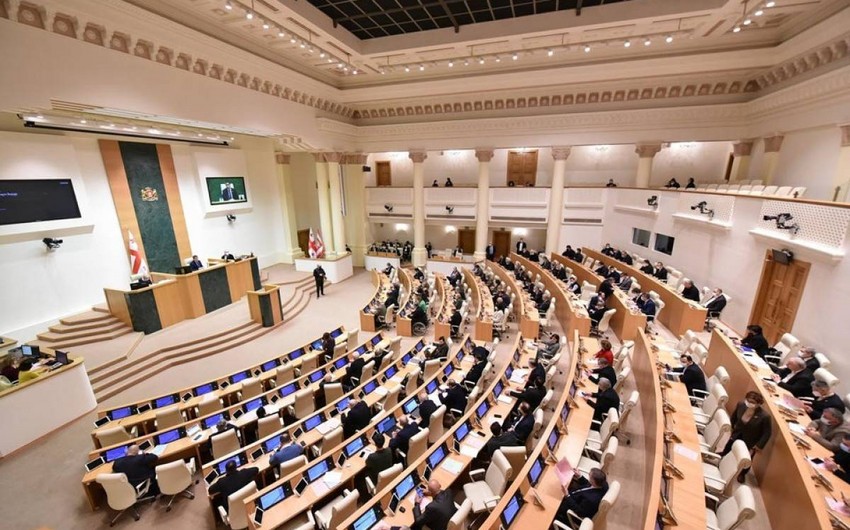A group of Azerbaijani and Armenian journalists under the initiative of UK Peacebuilding Organisation, Conciliation Resources have produced documentary film on Karabakh conflict, which is more significant to the fortifying process of peacebuilding between Armenian and Azerbaijani peoples. The title of documentary film, which is based on trilogy, is “Parts of Circle: History of Karabakh Conflict.” The film is composed of documental scripts and number of interviews reflecting different perspectives on the rise of tension, ethnic cleansing, human loses, bloody battles, and finally on the process of negotiations. Furthermore, the documentary film does not shy away from difficult moments, but seeks to avoid one sided perspective.
British expert, Laurence Broers shared his views in his interview to EDNews.net portal, regarding the importance of the documentary film.

Laurence Broers is the Caucasus Programme Director at Conciliation Resources. He has more than 20 years' experience as a scholar of conflicts in the South Caucasus and practitioner of efforts directed at their peaceful resolution. He is also the author of Armenia and Azerbaijan: Anatomy of a Rivalry (Edinburgh University Press, 2019) and co-editor of the Routledge Handbook of the Caucasus (Routledge, 2020). He also co-founded the first dedicated scholarly journal dedicated to the Caucasus, Caucasus Survey, and serves as associate fellow at the Russia and Eurasia Programme at Chatham House.
- Firstly, how would you assess the joint work of Armenian-Azerbaijani journalists on the three parts of the documentary film on Armenia-Azerbaijan Nagorno-Karabakh conflict?
Parts of a Circle is a locally led project, in which the scripts were written, interviewees selected and films produced by local teams of Armenian and Azerbaijani journalists. Every attempt was made to ensure symmetrical participation in the production process. Two Armenian and two Azerbaijani directors worked on the project. Films 1 & 2 of the trilogy, which deal with the contested events of 1988-94 were each scripted by one Armenian writer and one Azerbaijani writer. We had the same Azerbaijani writer throughout, but from the Armenian side the writers were different. Post-production was led by the Armenian team but only by agreement with the Azerbaijani team. It is technically very challenging to fully share post-production when borders are closed.
Overall, I would assess the joint work positively. It was a very challenging project, being implemented through a period of high tension in Armenian-Azerbaijani relations. Everyone was keenly aware of the fact that the most severe criticism might not come from the other side, but from one’s own society. Without these tensions very different films might have emerged. And there are many, many interviews and moments that were filmed and which did not make it into the final films. There were various moments when it seemed unlikely that the films would ever be finished, and when then when they were finished that they would ever be shown. Therefore, from a project management perspective the completion of the films was in itself a success. From the perspective of what the films aimed to do, well that is for the viewer to judge.
- From your viewpoint, how will this film have impact on peacebuilding process between Armenian and Azerbaijani communities?
This film, and even more so the trilogy on which it is based, can make a number of contributions to the broader process of building peace between Armenians and Azerbaijanis. First, it moves away from the poisonous information war cultivating the recognition of suffering only on one side and dismissing human losses on the other side as conspiracy or propaganda. In the first two films of the trilogy, where the narrative is dealing with grievous losses on all sides, the story-telling structure is composed of alternating Armenian-directed and Azerbaijani-directed segments. The viewer is exposed to each side’s interpretation of those events, and is invited to triangulate their own view on this basis. Viewers are made aware of the preconceptions and assumptions that they hold, that are transmitted in their own society and on the other side. Thus, these films can contribute to a more critical reception of narratives about the conflict.
Secondly these films, and the wider collection of interviews that they have generated, are an educational and research resource that will accumulate in value over time. At the same time there is a younger generation which has had very limited exposure to knowledge about the conflict. South Caucasian history textbooks, for example, are notoriously short on information about the conflicts in the early 1990s. These films offer not only a sources of direct information about events that are not well transmitted in Armenian and Azerbaijani societies, but also a perspective on the viewpoints from which that information is perceived.
Thirdly, the films are significant as an example of a cross-conflict initiative that has endured through the most challenging of circumstances. Some of those who saw the trilogy in the region in 2017-18 were surprised that such a project was still possible. Moreover, I think that this initiative demonstrates the value of long-term strategic intervention, building up relationships over time and creating the space for both challenge and consensus. This may contribute more to the peace process than one-off events or journalists’ visits such as the one we saw last year, significant though these may be as precedents. Parts of a Circle was possible because of many years of previous work, creating the reserves of trust that allowed the teams to address some of the most painful episodes in the history of Armenian-Azerbaijani relations on film together.
- You, as member of the UK peacebuilding organisation, Conciliation Resources has taken part in the production of long-awaited documentary film by mixed Armenian-Azerbaijani team. Please tell us how did your organisation manage to bring Armenian and Azerbaijani journalists together to prepare this documentary film based on historical truths? How did your organisation make both sides to come compromise in intensive discussions?
The idea for the project came from one of Conciliation Resources’ long-term partners, the Media Initiatives Center (MIC) in Yerevan, in 2011. It built on earlier initiatives, such as Dialogue Through Film and the Armenian-Azerbaijani-Turkish documentary Memories Without Borders, that had established a solid set of relationships between media professionals at MIC and Internews agency of Azerbaijan. The project was only made possible by the existence of networks that had built up over many years of partnership. While MIC and Internews Azerbaijan were the primary partners, we also worked with the Stepanakert Press Club and with the Humanitarian Research Public Union in Baku, in addition to individuals well-known for deep expertise in a relevant area, such as Rahman Badalov, Tatul Hakobyan, Shahin Rzayev and Ara Shirinyan.
During the project there were often arguments went on for hours, over place-names, over what actually happened, over the politics and ethics of representing events one way or another. Despite at times very colourful discussions, the teams did eventually find the way to compromise. I think the key here is that no side presents its narrative on its own terms in these films. This means that no one in the Parts of a Circle teams is fully satisfied with the end result. That result, rather, emerged as the minimum that the teams could live with. There are key aspects and moments in how each side presents its narrative that is at best irritating, at worst provocative, for the other. Given the intensity of the information war over the last 20 years this is not surprising. Yet, we believe that if preparing populations for peace is to be taken seriously, there are few alternatives to increased encounters with adversarial narratives and perceptions of conflict. And in this sense, perhaps, these films are like a peace agreement – something that no one is fully satisfied with, but which they can live with.
- What next project Conciliation Resources will have on the strengthening of the common work between Armenians and Azerbaijanis for peacebuilding process?
We are hoping to be able to contribute to dialogue processes across Armenian and Azerbaijani societies affected by the conflict. These can take in a wide set of different issues, from the core political issues in conflict, such as status, security and force displacement, to wider issues that could contribute to a wider transformation of the conflict dynamics. We hope also to support the gathering of further interviews that will contribute to a fuller understanding of the events 1988-1994.
Interviewed by Yunus Abdullayev

